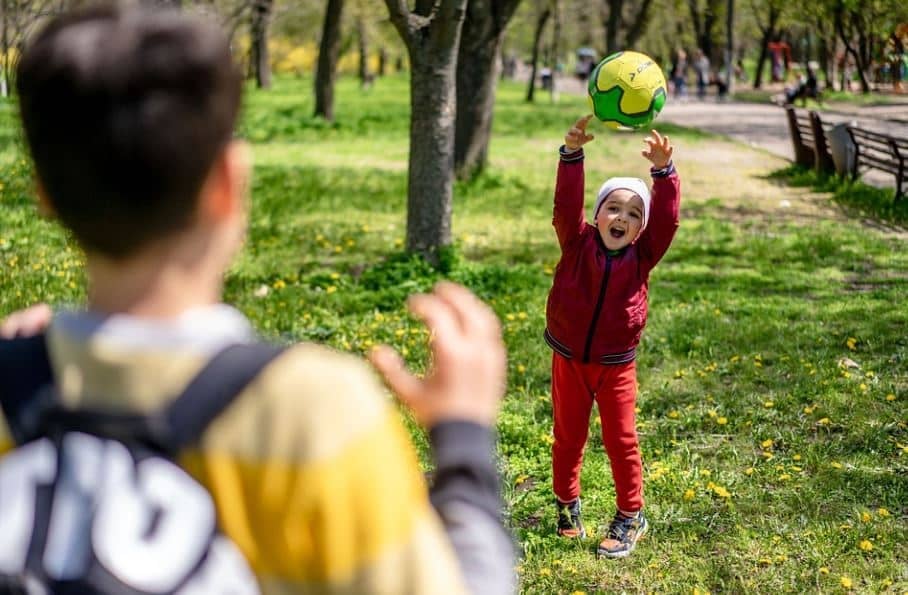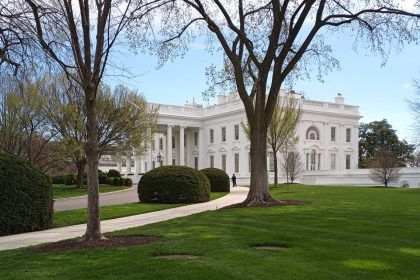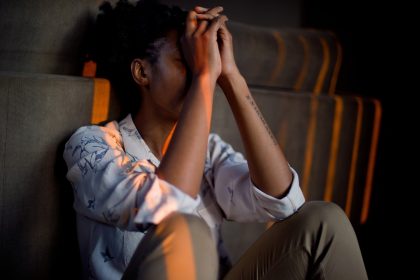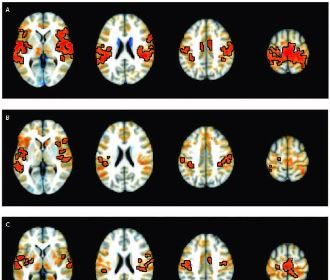Research Shows Kids Need Play for Their Mental Health

WASHINGTON — In 2021, the United States declared child and adolescent mental health a national emergency. COVID-19 was a factor, but a decline in mental health had been documented for at least a decade. In 2018, suicide was the second leading cause of death for youth aged 10-24, according to the American Academy of Pediatrics.
Last year, the Biden administration laid out a vision to “transform how mental health is understood, perceived, accessed, treated and integrated — in and out of health care settings.” Social media was a target in that vision.
While experts agree social media has an outsized impact on mental health, what was missing from the president’s vision was any acknowledgement of the importance of independent play for kids and teens.
Research has shown, over the last few decades, the lack of opportunities for children and teens to engage in activities without adult oversight has deprived them of the independence they need for their mental health.
There are many factors preventing children from engaging in free play, but one of the biggest is increased time in school and on schoolwork at home. Between 1950 and 2010, the average school year increased by five weeks.
Homework, which used to be rare or nonexistent in elementary schools, is now common even in kindergarten, according to a new paper published in The Journal of Pediatrics that looks at the relationship between the decline in free play and the increase in anxiety, depression and suicide among young people.
“It … became, well, play’s the thing we can sacrifice,” said Peter Gray, a research professor at Boston College and lead author of the paper. “Education is more important than play, we believe, because we never understood the importance of play.”
Gray co-authored the study with two other researchers, David Bjorklund, professor in the Department of Psychology in Florida Atlantic University’s Charles E. Schmidt College of Science, and David F. Lancy, professor emeritus in the College of Humanities and Social Sciences at Utah State University.
Increased schooling and homework decreased the opportunities for free play, but a larger cultural shift is also at work. The study showed children’s freedom to engage in activities like climbing a tree without adult supervision has decreased. Yet, so-called risky play helps protect children from developing phobias and also reduces their anxiety by boosting their self-confidence.
“We don’t just send children outdoors to play anymore, even in places where it’s even safer today than it ever was in the past,” Gray said. “And it’s not just because they’re hooked to computers and so on and so forth. It’s because they’re really not allowed outdoors.”
“I feel bad for today’s parents because the norm of letting your kids play outside, walk the dog, go near a lake without you, that rug was pulled out from under them,” said Lenore Skenazy, co-founder of Let Grow, an organization that champions independent play. “The idea that kids could get anything out of free time or goof around time evaporated, and in its place is the idea that you’re foolhardy to even consider it because bad things will happen.”
Skenazy co-founded Let Grow with Gray and two others, Jonathan Haidt, professor at New York University and co-author of “The Coddling of the American Mind,” and Daniel Shuchman, a New York businessman and former chairman of the Foundation for Individual Rights and Expression.
The new parenting norm has been propped up by the very real fear that a parent will have the police called on them if they’re child is outdoors unattended. The organization has documented cases across the country, and in response has helped pass legislation in four states — Colorado, Oklahoma, Texas and Virginia — they refer to as reasonable childhood independence bills.
“It’s really just giving parents the right to understand when their kids are ready for some independence,” Skenazy said. “We’re just trying to say, don’t overestimate danger and don’t underestimate parents and kids.”
As children grow, they need ever increasing opportunities to live independently, according to Gray. That independence helps meet children’s three basic psychological needs: autonomy, competence and relationship.
“It’s so obvious, if you never have control of your own life because you’re always being controlled, you’re always in a situation where people are telling you what to do and solving your problems for you, even protecting you,” he said, “how do you develop a sense that you can solve your own problems, that you can deal with the bumps of the road of life if you’ve never had experience doing it?”
You can reach us at [email protected] and follow us on Facebook and Twitter
























